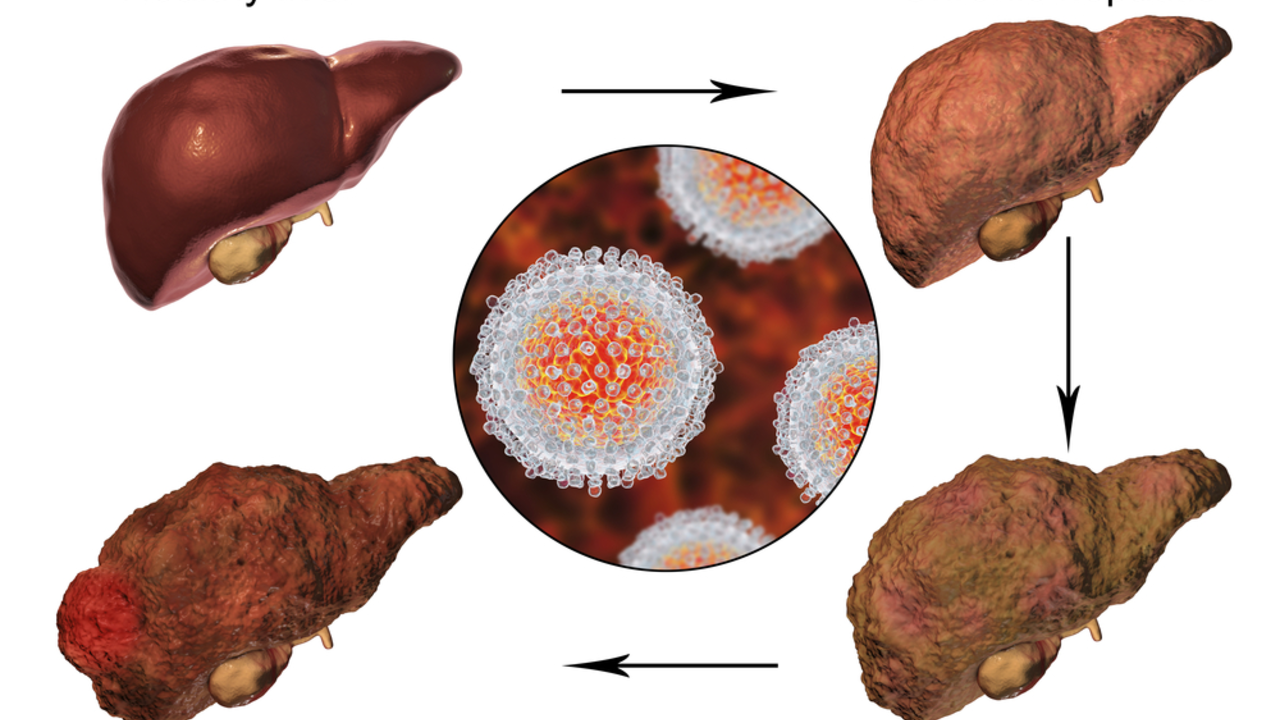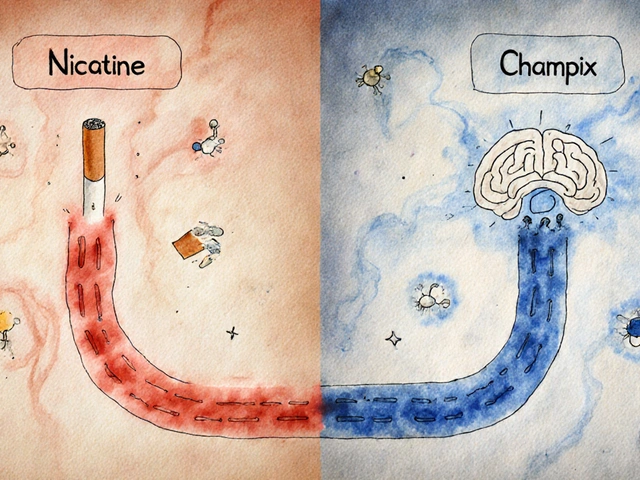Chronic hepatitis C: what you need to know now
Chronic hepatitis C can now be cured in more than 95% of people with 8–12 weeks of simple oral treatment. That fact turns years of worry into a clear plan: test, treat, and protect your liver.
Chronic hepatitis C is a long-term infection with the hepatitis C virus (HCV). Most people have no symptoms for years. When symptoms do show, they can include tiredness, trouble concentrating, stomach pain, itchy skin, jaundice, or unexplained weight loss. Because symptoms are often mild, many people only find out after a blood test.
Testing is straightforward. A positive antibody test means past exposure; a follow-up HCV RNA (PCR) confirms active infection. Doctors also check liver health using blood tests, a FibroScan, or simple scores like APRI or FIB‑4 to see how much scarring (fibrosis) the liver has.
Treatment you can actually finish
Direct‑acting antivirals (DAAs) are the main treatment today. Common combos are sofosbuvir/velpatasvir and glecaprevir/pibrentasvir. Most people take pills for 8 to 12 weeks and reach a sustained virologic response (SVR) — meaning the virus is undetectable 12 weeks after treatment and the infection is considered cured. Cure rates exceed 95% for most patients.
DAAs are well tolerated. Side effects are usually mild, like headache or fatigue. Still, drug interactions matter. Tell your provider about all medicines and supplements you take. Some heart and seizure drugs may need adjustments.
After treatment and staying healthy
If treatment cures you and your liver had little or no scarring, routine liver checks usually end. But if you had advanced fibrosis or cirrhosis, you still need liver monitoring and ultrasound checks for liver cancer every six months, even after cure. Reinfection is possible; if you continue risky behaviors like sharing needles, repeat testing is recommended.
Simple lifestyle steps help protect the liver: avoid or limit alcohol, keep weight in a healthy range, and treat other conditions like diabetes. Vaccines for hepatitis A and B are recommended if you aren’t immune. There’s no HCV vaccine yet.
Prevention focuses on stopping blood exposure. Use sterile needles, avoid sharing personal items like razors that may have blood, and ensure tattoos or piercings are done with clean equipment. Pregnant people with HCV should discuss testing and delivery plans with their doctor.
Anyone aged 18 and older should have a one-time HCV test, and pregnant people should be tested during each pregnancy. Get tested sooner if you’ve ever injected drugs, received blood transfusions or organ transplants before 1992, were on long-term hemodialysis, have HIV, or if your mother had hepatitis C. Healthcare workers after needle-stick injuries and people with abnormal liver tests should also be tested. Testing is quick and often free at community clinics, public health departments, and many primary care offices. If cost is an issue, ask about assistance programs or generic DAA options — many health systems and patient groups help people get treatment.
If you were exposed, have unexplained liver enzyme elevations, or belong to a higher‑risk group, get tested. Treatment is shorter now, highly effective, and widely available. Talk to a primary care doctor, liver specialist, or local clinic — curing hepatitis C is realistic and often straightforward.
Don't delay — get tested.
1
Traveling with Chronic Hepatitis C: Tips for Staying Healthy on the Go
Traveling with chronic Hepatitis C can be a challenge, but it's not impossible. It's vital to take certain precautions like staying hydrated, avoiding alcohol, and maintaining a balanced diet. Always carry your medication and medical reports with you. Regular exercise can also help, along with getting plenty of rest. Most importantly, always consult with your doctor before planning any trip.
Latest Posts
Popular Posts
-
 Accidental Pediatric Medication Overdose: How to Prevent It and What to Do If It Happens
Accidental Pediatric Medication Overdose: How to Prevent It and What to Do If It Happens
-
 Magnesium Supplements and Osteoporosis Medications: What You Need to Know About Timing
Magnesium Supplements and Osteoporosis Medications: What You Need to Know About Timing
-
 Extended Use Dates: How the FDA Extends Drug Expiration Dates During Shortages
Extended Use Dates: How the FDA Extends Drug Expiration Dates During Shortages
-
 Enteral Feeding Tube Medication Safety: Compatibility and Flushing Protocols Explained
Enteral Feeding Tube Medication Safety: Compatibility and Flushing Protocols Explained
-
 Stinging Insect Allergy: What Venom Immunotherapy Really Does for You
Stinging Insect Allergy: What Venom Immunotherapy Really Does for You



